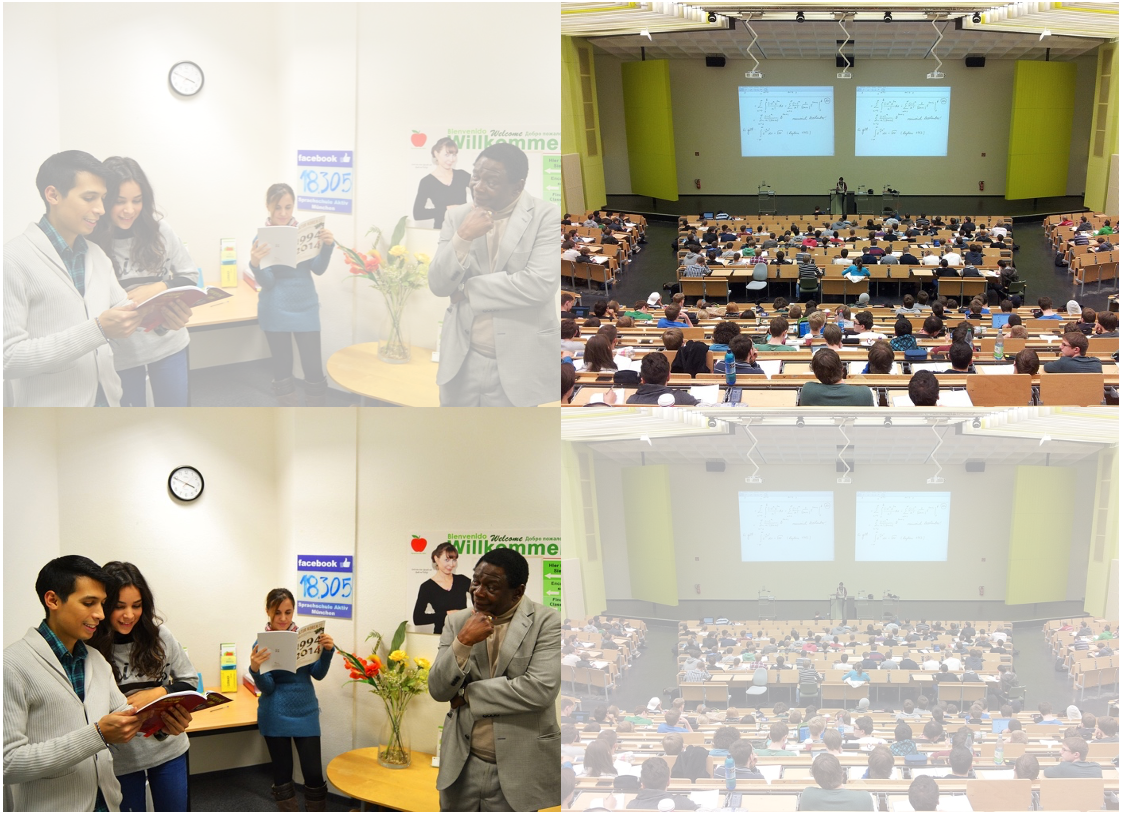
What’s the difference between them?
Hello, here is Kai. This time, I have a miscellaneous article.
It’s been about 2 months since university started, and the spring semester is reaching its climax. The amount of assignments is still overwhelming, but I’m hanging out there. Both my wife and I are getting used to life here, and our so-called “daily routine” is starting to take shape.
In the midst of this, I sometimes find myself comparing my current study abroad experience with my previous one. The study abroad focused on improving English proficiency, and the study abroad at university focused on academic studies. As someone who has experienced both, I’d like to write about the differences I’ve felt.
Please keep in mind that this is just my personal experience, but if you’re interested, please read on. I hope it can be helpful for those considering studying abroad.
Benefits of Study Abroad Agents
I feel this very strongly. In short, there are more benefits for those studying English at language schools. Australia is highly popular for English language study abroad. As for language school agents:
Language schools highlight their unique features to attract students.
↓
The number of students increases.
↓
Agents improve their services to be chosen.
There seems to be a positive cycle like above. They offer services such as visa application assistance, discounts on tuition fees, and pre-English conversation courses, among others.
For university enrollment, there weren’t as many such benefits.
It’s just a personal impression, but there may be fewer agents that handle university enrollment, or perhaps the barrier to associate with the field is higher. I was given a list of necessary procedures and processed them myself. Thanks to this, I think my experience level increased compared to when I had things done for me last time.
Both agents were excellent, but in terms of the benefits for students, language schools had a larger impact.
Social Relationships
I think it is at language schools that it’s easier to build social relationships.
The structure of small classes with a small number of students taking the same courses, and the format of actively interacting through activities to improve English proficiency. It’s easy to enroll not only with a student visa but also with a working holiday visa.
It’s very appealing.
Of course, universities also have many international and exchange students, so they have a very international atmosphere. However, because the scale is larger, there are many students gathering together, and there is an impression that students from the same country tend to gather. Also, because many students work, it may be difficult to find time to meet up in the first place, which may contribute to the difficulty of forming social relationships at university.
Also, I was told by someone I met on X (formerly Twitter) that some universities focus on securing students from specific countries, so needless to say it is depending on the university, there may be a tendency towards certain nationalities. For example, Wollongong University gives the impression that there are many people of Indian students.
However, my friends include people from India, as well as Vietnam, Mongolia, Thailand, Kenya, and various other countries, so the university’s international atmosphere is very rich. Therefore, depending on how you approach it, language schools have a wide range of social relationships from the first day, so I thought that it’s easier to make friends there in terms of ease of making friends.
Position of English
I felt that the position of English is different.
In terms of speaking:
Language schools: Use English! → Interact!
University: Interact → Oh, the language is different. Then in English.
This is how I feel intuitively. For university enrollment, an English test called IELTS is required, with a score of 6.5. So, it’s normal for everyone to speak English.
Of course, just having an IELTS score of 6.5 doesn’t mean you can speak English fluently. It’s entirely possible that students at language schools are better at speaking English. Personally, I haven’t been using speaking skills as much as I did during my language study abroad. It’s not because I’ve become introverted, but rather because I feel like there just aren’t as many opportunities to speak. Maybe I could have spoken more during my language study abroad (I want to believe that’s not the case). Rofl
In terms of reading and writing, universities are overwhelming. Literally. ROFL
Cuz we gotta read an astonishing amount of literature. Lol
For example, I’m taking four subjects this semester, and each week there are readings of about 30 to 60 pages for each subject as part of the preparation. What becomes crucial here is appropriate reading. The intensive reading techniques I learned at school have been helpful as a technique for when I get stuck. However, as a professor said that we don’t need to read everything. Then, skimming and scanning become very important. It’s safe to say that the importance of reading in line with your purpose stands out in this domain.
To be honest, looking back, I wish I had known a few more reading techniques when I was in high school, but considering that I, as a teacher, taught reading techniques other than intensive reading, I deeply realise that English education in Japan has gradually changed over the past 10 or 15 years. The words taught during my teaching practicum that how we were taught is not absolute resonate with me even more.
Back to the point, the position of English, the primary goal of language schools is to improve English proficiency. When assignments like those at universities are assigned, there tends to be a bias towards the four language skills, and such language schools may not attract students. So, the position of English is fundamentally different.
Finally
How was it?
This time, I introduced three differences that I particularly felt when comparing language study abroad and university. The topics and perspectives are a bit scattered, I must back down. Lol
Neither one is necessarily better or worse, and there may be new differences that emerge. I want to enjoy experiencing such differences.
Laters:)



コメント